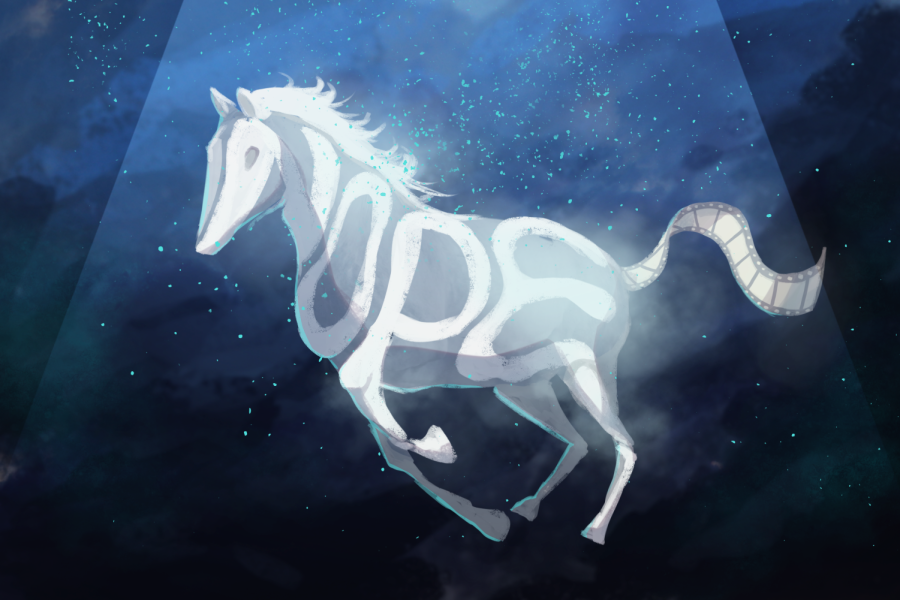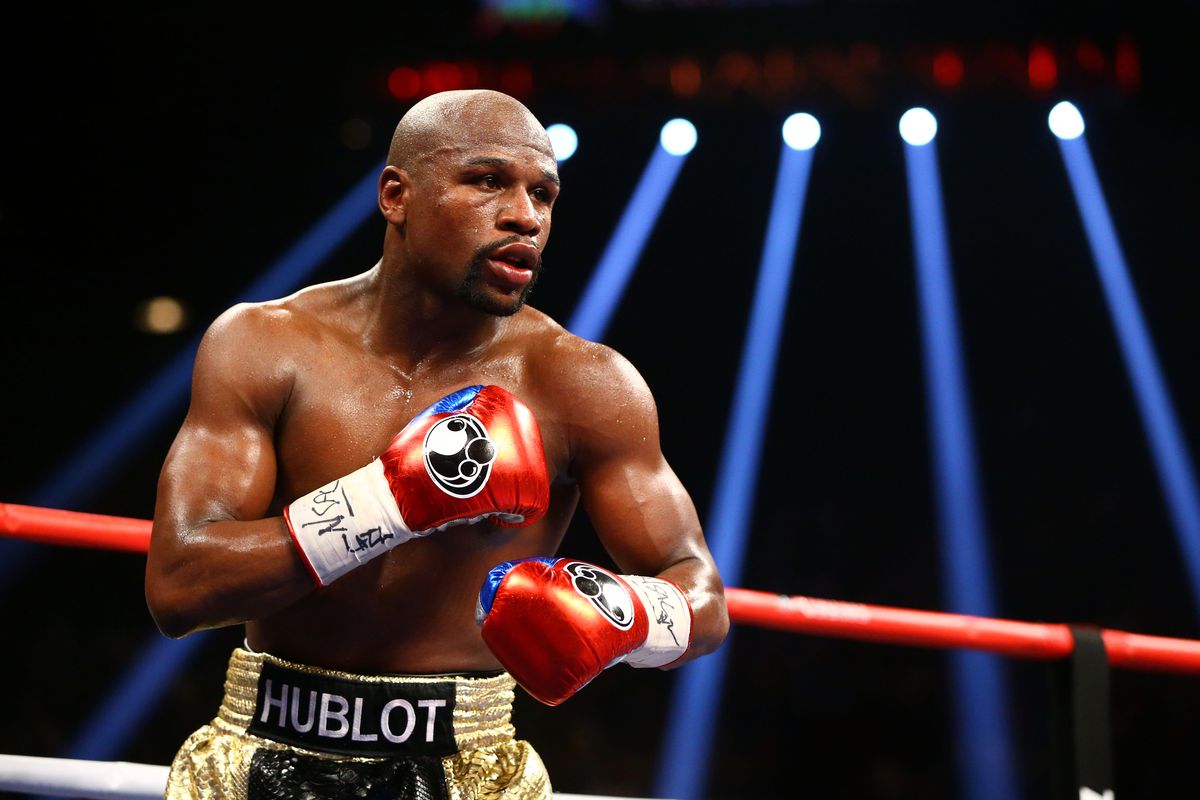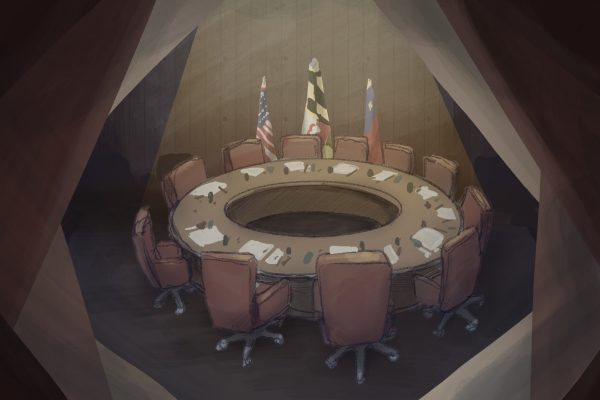Movie Review: “Nope” shines a spotlight on the dark side of Hollywood
The fascinating take on modern media depicts child stars who go to extreme lengths to stay relevant in today’s online mecca and exposes the darker side of Hollywood that lends itself to the poor treatment of faded stars.
November 19, 2022
“Nope” is the latest film to emerge from director Jordan Peele’s creatively dark mind following his directorial debut in 2017 with “Get Out.” The movie further reinforces his abilities as a horror director and arrived on Peacock yesterday.
The movie follows the story of OJ, played by Daniel Kalyuua, and Emerald Haywood, played by Keke Palmer, and is set in the present day. When the brother-sister duo inherits a stunt-horse business from their father after his mysterious death, they struggle to make ends meet and sell their horses to Ricky “Jupe” Park — played by Steven Yeun — a child star who struggles to remain relevant in the sea of pop culture. However, the siblings soon find themselves confronting more significant problems ahead of them — or more aptly, above them.
MAJOR SPOILERS AHEAD:
OJ and Emerald encounter an ominous cloud near their farmhouse and spend the duration of the film capturing its true nature, all while navigating familial conflict, trying to save their late father’s business and narrowly escaping death. The pair is also accompanied by a greedy businessman willing to do anything to turn a profit, a mysterious and reclusive cinematographer and an electronics store employee who is trying to find a sense of purpose. This colorful cast of characters gives this film a level of depth that some horror movies lack.
The fascinating take on modern media depicts child stars who go to extreme lengths to stay relevant in today’s online mecca and exposes the darker side of Hollywood that lends itself to the poor treatment of faded stars. While it isn’t said, it is clear that Peele drew inspiration from real-world events and characters: Jupe’s character draws parallels to the forgotten “Peter Pan” star Bobby Driscoll, as they both were failed child stars who ended their careers on traumatic terms. Driscoll struggled to land acting jobs as he aged, while Jupe’s career ended when an animal co-star broke into a manic frenzy and killed the entire cast and crew except for Jupe.
“Nope’s” suspense should make it a crowd-pleaser among most thriller and horror fans. As the plot and characters sweep the audience into the arid setting of Agua Dulce, the film diverges from the traditional horror film formula that produces characters who predictably make poor decisions that lead to their eventual deaths. Instead, Peele creates intelligent and realistic characters that the audience grows to adore. This fresh take will appeal to many horror fans because the horror formula becomes boring quickly.
Throughout the film, Kalyuua’s OJ Haywood forms a bond with the horses on the ranch. Where Jupe feels as though the alien can be tamed, OJ’s time as an animal handler allows him to understand that the alien cannot be tamed and is a predator in its own way. Peele excels in beautifully showing the dichotomy between these two characters and makes their stark differences enjoyable to observe.
Some of the most defining aspects of this film lay within its cinematography. Wide-angle shots and slow transitions give the film the quiet and ominous vibe Peele aimed to create. Moments when the audience can clearly see Jean Jacket are meticulously filmed so that viewers can grasp the scene, but not enough to notice it the first time. While this can cause some films to falter, Peele executes this cinematic technique in a way that didn’t make me dread rewinding a couple of minutes to catch a possible easter egg or hint.
Jupe’s overconfidence and an ever-growing ego have roots in his initial taste of stardom as a child star in the in-world sitcom “Gordy’s Home,”. His death is almost satisfying when Jean Jacket consumes him since it was that feeling that he could tame the alien that inevitably led to his demise. In reality, the only reason he survived Gordy’s rampage on set was that he didn’t look him in the eyes — a frequent theme in the film.
Peele’s “Nope” is an honest social commentary on Hollywood and the film industry’s treatment of actors. In his desperate quest to make any form of profit from his dwindling stardom, Jupe represents the production companies that create and fund movies on a whim, while OJ and Emerald represent the struggling actors and filmmakers that are truly dedicated to their craft of filmmaking and storytelling. And I feel as though this is a perfect example of modern media and its treatment of Hollywood stars. Using their dreams of stardom as bait to further lure them into the spiral that is the entertainment industry.
Critics have mixed feelings about the film, characterizing the movie as “too woke” or as an attempt to replicate the success of Peele’s prior films. While this movie gives the audience memorable moments and relatable characters, it conforms to a formulaic feel that makes it similar to Peele’s prior films. He typically emphasizes the concepts of the “human psyche,” with “Get Out” confronting the psychological discomfort of the protagonist facing the antagonist. While other horror films revolve around high death counts or the grotesque nature of the deaths they depict, Peele is able to dive into a darker composition. Peele’s unique formula is phenomenal, but it quickly becomes repetitive among the director’s films.
The film’s ambitious take on suspense and horror made it fantastic to watch, but in some aspects, Peele does disappoint. The lack of character development from Emerald makes this film fall short, and the number of themes that Peele tries to fit into a single production make it feel claustrophobic in terms of takeaways. The overlapping themes of animal abuse, creative exploitation and the forced spectacle within the modern entertainment industry run the risk of leading viewers to feel lost in their perceptions of the movie and its intended takeaways.
I rate this movie an 8.65/10 for its fantastic cinematography and its profound reference to the entertainment industry and real-world history. All horror fans should take the time to spend a late night curled up watching this film.










